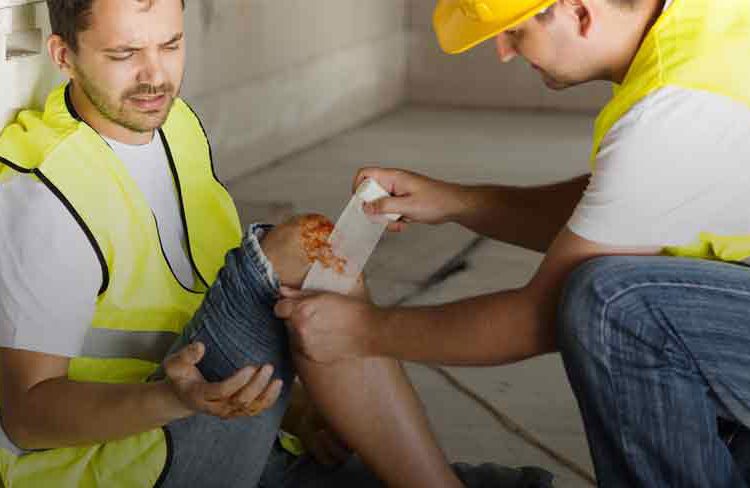Workplace injuries are a significant concern globally, and Scotland is no exception. Regardless of your occupation, understanding your rights and the responsibilities of your employer can help you navigate the complexities of workplace injuries. Here’s a comprehensive guide to injuries at work Scotland.
1. Common Workplace Injuries
In Scotland, as with other regions, certain injuries tend to be more prevalent. Some of the common workplace injuries include:
Slips, trips, and falls: Often resulting from wet floors, poor lighting, or obstacles.
Manual handling injuries: Typically back or muscle strains from lifting, carrying, or moving items.
Machinery-related injuries: Often from using machinery without proper safeguards.
Falls from heights: Common in construction or repair jobs.
Repetitive strain injuries (RSI): From repeated motions, such as computer work.
2. Employer Responsibilities
In Scotland, as in the rest of the UK, employers have a duty to ensure the safety and well-being of their employees. They must:
Provide a safe working environment.
Offer proper training and supervision.
Supply adequate protective equipment when necessary.
Ensure machinery and equipment are safe and well-maintained.
3. Reporting and Compensation
If you’ve sustained an injury at work:
Report the incident: Always inform your employer immediately. They should record it in the company’s accident book.
Seek medical attention: Prioritize your health and get any necessary medical treatment.
Consider a claim: If the injury was due to employer negligence, you might be entitled to compensation. In Scotland, the process involves seeking legal counsel and possibly proceeding with a personal injury claim.
4. Time Limits
In Scotland, you generally have three years from the date of the injury (or the date you realized your injury was linked to your work) to make a claim. It’s advisable to consult with a solicitor as soon as possible.
5. Support and Assistance
Several organisations in Scotland can offer advice and support:
The Health and Safety Executive (HSE): This UK governmental body oversees workplace health and safety.
The Scottish Hazards Campaign: This group offers support and resources for workplace health and safety in Scotland.
Legal Aid: If you’re considering a claim but are worried about costs, Scotland offers legal aid for those who qualify.
6. Prevention is Key
While compensation is essential, prevention is always better than cure. Employers should prioritize regular risk assessments, and employees should always be vigilant, ensuring that they follow safety protocols and use protective equipment when necessary.
Workplace injuries can have significant physical, emotional, and financial repercussions. By understanding your rights and responsibilities in Scotland, you can better navigate the aftermath of an injury and ensure you receive the support and compensation you deserve. Remember, if you’re unsure about any aspect of workplace injuries, seeking legal advice is always a good first step.

